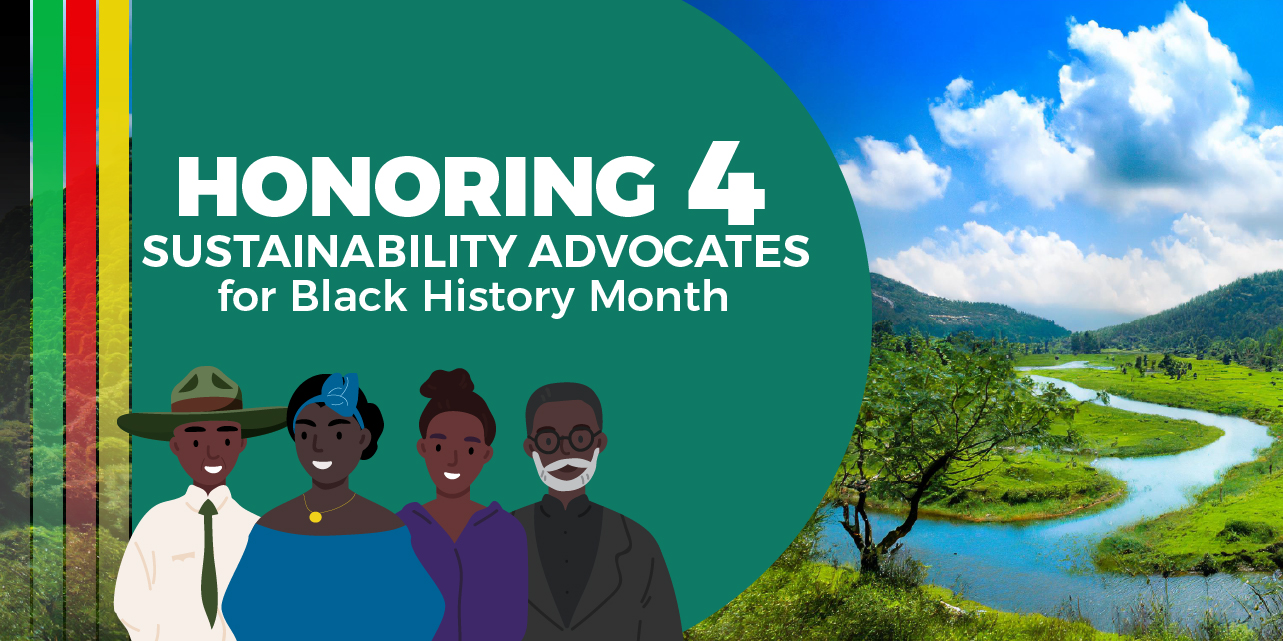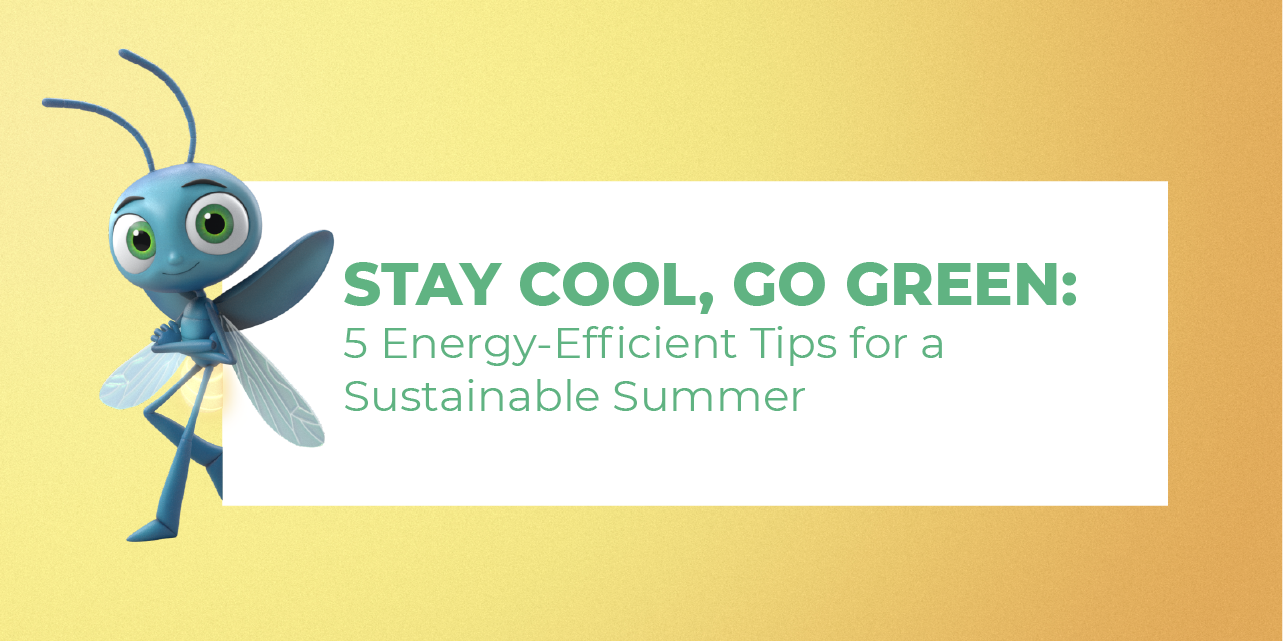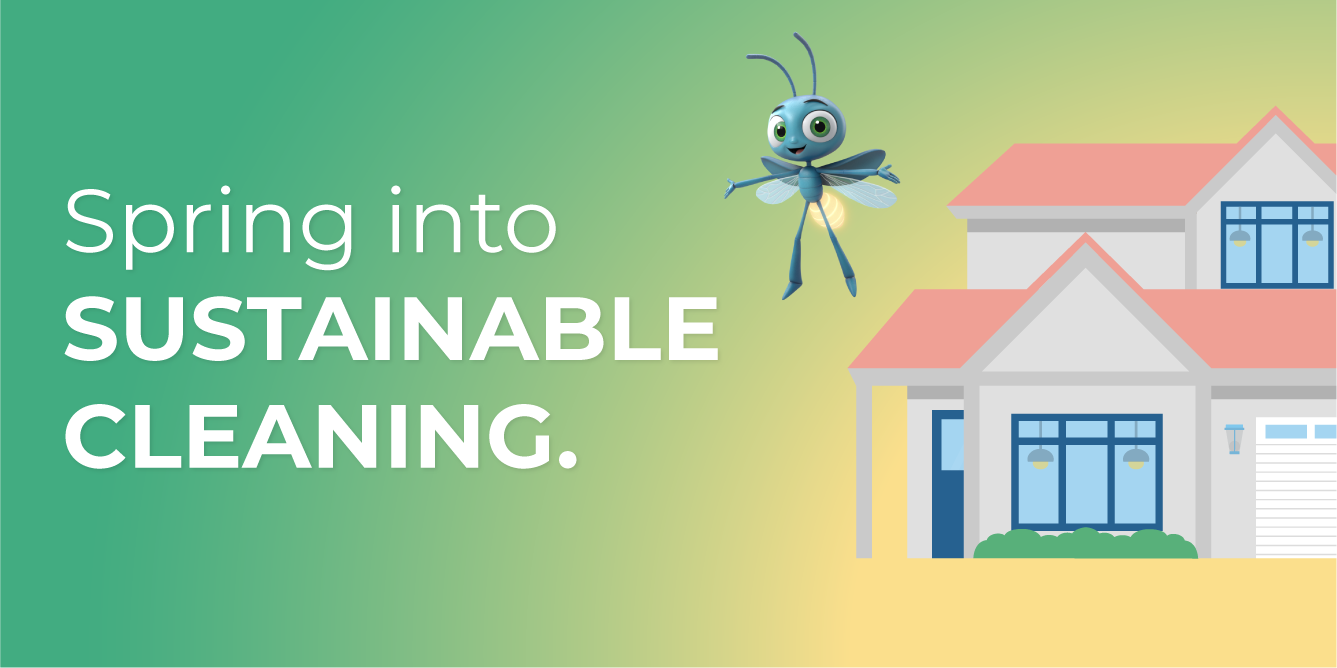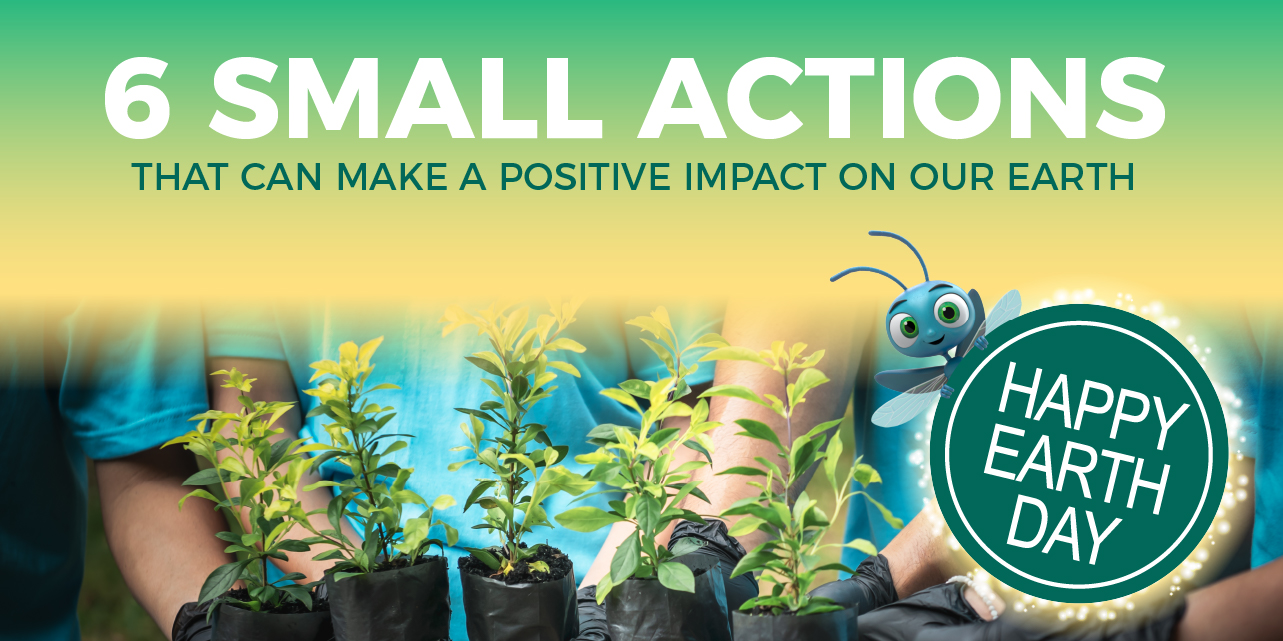In honor of Black History Month, we’re shining a light on four eco-champions who have played a pivotal role in advancing sustainability. May their work inspire us all to be better stewards of the planet.

First and foremost, we’ll start with Charles Young. Young was no stranger to being first. He had the honor of being the first Black National Park Superintendent, the first Black military attaché to Liberia and the first Black colonel in the U.S. Army.
He contributed to sustainability by protecting the ecosystems in California’s Sequoia National Park. Under his orders, the U.S. Army worked to preserve the sequoias. His troop of Buffalo Soldiers guarded Sequoia's iconic giant trees against logging and grazing that could have destroyed them. Young helped lay the foundation for preserving America's natural wonders for future generations.In 2013, President Obama recognized Young as a true American hero by using the Antiquities Act to designate his home as the 401st unit of the National Park System. It’s called the Charles Young Buffalo Soldiers National Monument.

Dr. Wangari Maathai, too, experienced many notable milestones and firsts. She became the first woman in East and Central Africa to earn a Ph.D. in biology. Later, she became Kenya’s first female professor, and in 2004, the first African woman to be awarded the Nobel Peace Prize.
As an environmental activist, she played a significant role in advancing sustainability through the Green Belt Movement. Founded in 1977, this community-driven initiative fought deforestation by planting trees in Kenya. The movement not only contributed to environmental conservation but also improved the quality of life for many. Through empowering women and communities by providing training and spreading environmental awareness, Dr. Maathai’s efforts resulted in more than 51 million trees being planted.

Dr. John Francis is best known for boycotting motorized transportation for 22 years and taking a 17-year vow of silence. The environmentalist, conservationist and educator witnessed an oil spill in San Francisco in 1971 that caused him to stop using motorizing vehicles. In light of his commitment to fighting pollution, he earned the nickname “the Planet Walker” for choosing to walk everywhere he went.
Weary of constant inquiries about his choice to give up motorized transportation, he chose silence on his 27th birthday. What was supposed to only last for one day went on for 17 years. He discovered that by not talking, he could more aptly listen to what others had to say. During his silent years, he earned his Ph.D. in land management and walked across America and South America to raise awareness about environmental sustainability.
He was appointed the United Nations Environment Program’s Goodwill Ambassador to the World’s Grassroots Communities in 1991 for his work in raising environmental consciousness. He’s currently a visiting associate professor at the Gaylord Nelson Institute for Environmental Studies at the University of Wisconsin-Madison. He’s also the founder of the non-profit environmental awareness organization Planetwalk.

Ivy Lawrence-Walls, a third-generation farm operator, is most recognized for her work in fostering food-secure ecosystems. In 2019, she founded Ivy Leaf Farms, a community farm providing locally grown produce to underserved neighborhoods, including the one she grew up in. As an advocate for food accessibility and equity, she, along with fellow farmer Jeremy Peaches, provides locally sourced produce to underserved communities through a program called Black Farmer Box.
Ivy Leaf Farms also has a grocery store called Fresh Houwse Grocery, which serves residents in the historically Black Sunnyside neighborhood of South Houston. Lawrence-Walls was featured on Revolt TV’s Bet on Black series, where she took home the grand prize of $200,000 to further her mission of tackling food equity and access.
As we celebrate Black History Month, let the achievements of these sustainability pioneers inspire us to take eco-friendly actions. Whether it’s planting trees, reducing waste, educating others or providing green spaces, we can all help build a greener tomorrow.
Make "clean" a year-round reality with 100% clean, renewable energy.
Enter your ZIP code to get started.







